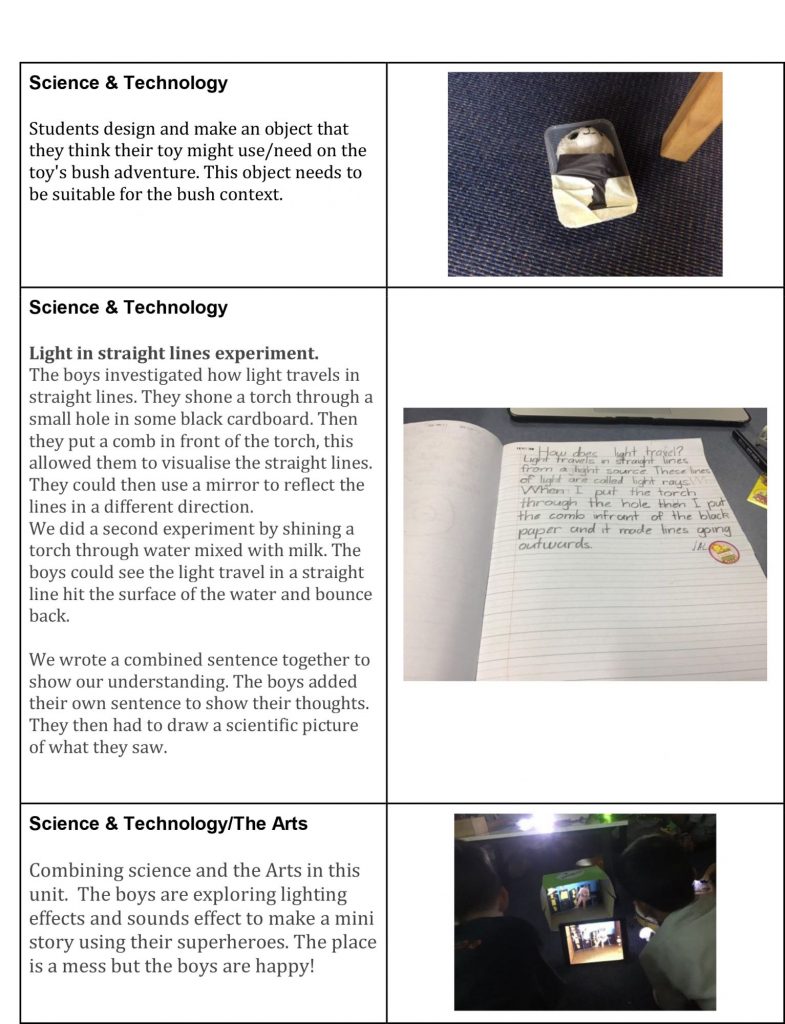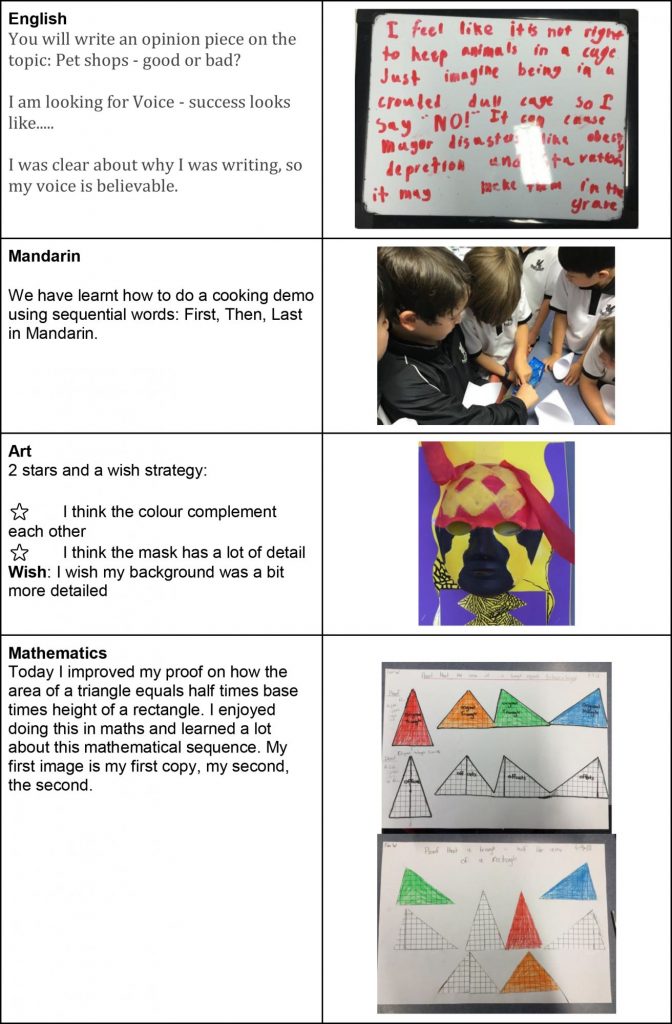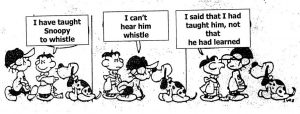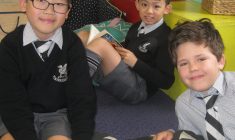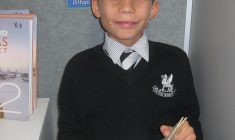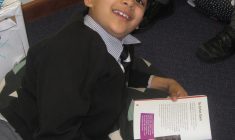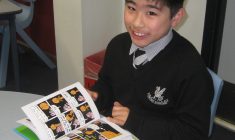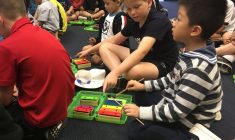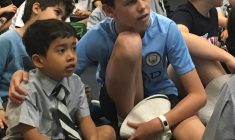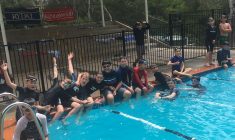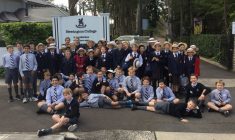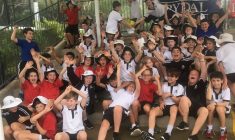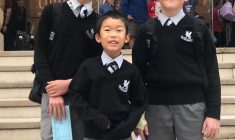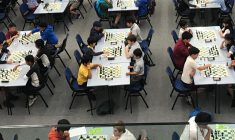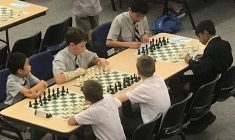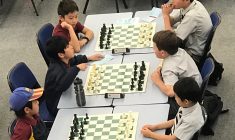From The Head of Lindfield
During the holidays I found myself reading a book called Spark: Research around Exercise and the Brain. It was an interesting book which claimed that exercise may actually be more beneficial for our brain development than our bodies. It argued that vigorous exercise is necessary so that people can learn. This is an interesting postulation for our boys and their academic development. I was also interested in the impact of this idea about the relative importance of exercise for our adult teaching staff and the parents at Lindfield.
My observations are that our boys are exercising regularly as part of the school program, some boys could be more active but we provide a strong baseline level of fitness for all our boys. Many of the teachers and parents in our community, however, are often consumed with the daily stresses of work, caring for children, running a household and rarely find the time or energy for regular vigorous exercise. It was the educational context and from the perspective of our Lindfield parents that I found this book quite compelling.
The book was written by John Ratey, a clinical professor of psychiatry at Harvard, who has written previously about ADHD in education. He argues that exercise affects many aspects of our brain from mood, to anxiety and attention. Exercise increases our levels of neurotransmitters (serotonin, norepinephrine and dopamine) which impacts our thoughts and emotions. The book also explains how high levels of stress destroy brain cells and how exercise can reverse this process. When we exercise, our muscles produce proteins that travel through the blood and into the brain. If you did half an hour of exercise this morning, you are more able to sit and focus on this paragraph. The brain having the right balance of neurochemicals sets the stage for much of the work and learning that the boys do each day.
The book shares some case studies about schools where increased physical fitness had a positive effect on reading and literacy levels. It advocated for students to participate in regular vigorous exercise to improve learning. It also explained in detail the science of how the brain works and, overall, states that exercise improves learning in three ways: it improves alertness, attention and motivation; it helps nerve cells to bind with each other and it leads to the development of new nerve cells.
Ratey also wrote at length about the physical and mental problems that long-term stress can have on people. This resonated also as I feel that many of our boys and their parents are exposed to continual high levels of stress through the pressures of living a modern life in Sydney. Ratey scientifically shows how exercise helps counteract the negative effects of stress on a cellular level. Ratey articulated similar benefits for people who are prone to anxiety and depression. Exercise helps to regulate the neurotransmitters which affect depression and are targeted by antidepressants. Depression, like stress and anxiety, can cause structural damage to the brain and exercise can help reverse this process. Even without a diagnosis of depression, exercise is a valuable preventative measure.
On a school level, we have looked at what we do in terms of regular fitness and vigorous exercise for our boys in the context of our sports programs. On a community level, we need to think about how we as adults can include some form of regular exercise in our day, even if it is in short bursts to help us focus, reduce stress and help repair damaged nerve cells from stress and modern living. It is tempting to ignore advice about exercise when it is solely in the pursuit of body changes, but it is harder to ignore when it is shown to be scientifically linked to stress reduction, improved focus and better wellbeing for our boys and for ourselves.
Ratey, J. J., & Hagerman, E. (Collaborator). (2008). Spark: The revolutionary new science of exercise and the brain. New York, NY, US: Little, Brown and Co.
Ben Barrington-Higgs – Head of Lindfield



